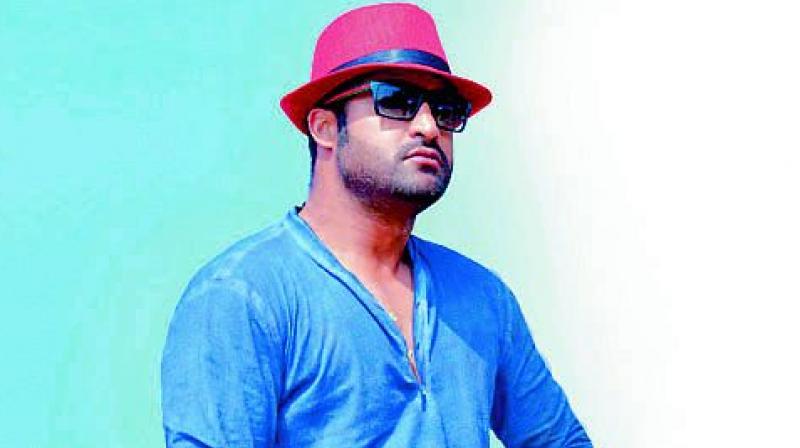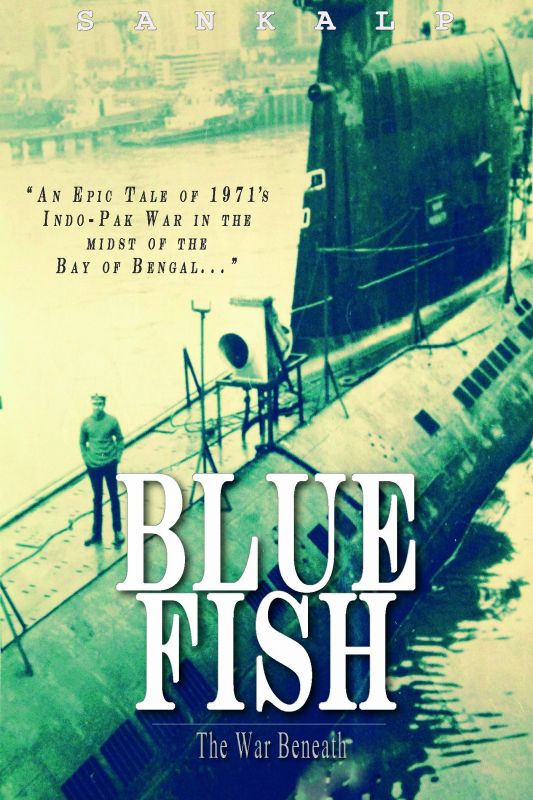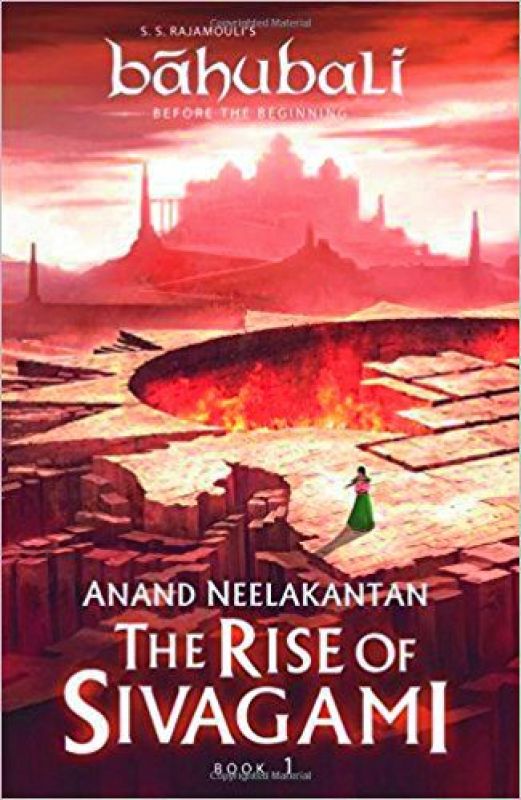A rather novel idea
Several T'wood filmmakers are now bringing out novels based on their films' scripts, revisiting a trend that started several decades ago here.

Ever wondered what The Ghazi Attack, the Baahubali series and Jr NTR’s Temper have in common? The answer is simple — novels. While Sankalp Reddy, the director of Ghazi came up with the book Blue Fish: The War Beneath before he shot the film, inspired by the character Sivagaami, the queen mother in the Baahubali series, writer Anand Neelakantan came up with The Rise of Sivagami. While this might seem like a new trend of films being converted into books and books being converted into films, if you go back in time a few decades ago, you will realise that this has been happening over the years in Tollywood.
Several old Telugu classics have been made into novels with little or no changes at all. The first film script in Telugu which was brought out as a novel was Thodi Kodallu by writer Ramchand. The film starred Nageswara Rao, Savitri, S.V. Ranga Rao and others.
 A still from the book The Blue Fish written by the film Ghazi’s director Sankalp Reddy.
A still from the book The Blue Fish written by the film Ghazi’s director Sankalp Reddy.
The book was published by the film’s producer Dukkipati Madhusudhana Rao, and interestingly, it was published a few years after the film’s release. Popular writer Mullapuri Venkata Ramana also penned many films as novels and titled them as Venditera Nvala. He turned films such as Velugu Needalu, Bharya Bhartalu, Iddari Mitrulu and many others into novels.
Yet another popular writer and actor Ravi Kondala Rao penned famous films Mayabazar and Malliswari as novels, even printing them with the same dialogues and songs as in the films.
 The book, The Rise of Sivagami, is based on S.S. Rajamouli’s Baahubali films
The book, The Rise of Sivagami, is based on S.S. Rajamouli’s Baahubali films
“There are two methods to making these novels. One is to copy it as is from the script and the other is to explain some important scenes from the film. The idea of making a film script into a novel is not new as the practice exists in all languages. Even the classic film Ten Commandments came out as a book at that time,” says S.V. Rama Rao, one of the senior writers of Telugu cinema, who has written nearly thirteen books.
Senior director Vamsi is also planning to come up with a book on his upcoming film Fashion Designer S/o Ladies Tailor. “The book contains the film’s story and I also want to insert some interesting shooting experiences,” says Vamsi. He had earlier penned five film scripts into books, including films Sankarabharanam, Subhodayam, and Anveshana. “All of these books are published but the book on Tayaramma Bangaramma is not,” informs Vamsi.
Director Sunil Kumar Reddy, who did enormous research on the problems faced by Indians in the Gulf for his film Gulf, says he wants to come up with a book inserting all the details about his research. The director says that with books, it becomes easier to he add more facts. His book will have problems faced by immigrants there.
“Earlier, there was not much media to publicise a film. So, after a film released, people wanted to talk about it, and the makers would turn it into a novel. People like Mullapudi wanted to share some anecdotes of the old classics with the present generation, so these books are really helpful. But nowadays, people are not into reading much,” says Pulagam Chinnanaraya, senior journalist, who has also written many books related to Telugu cinema.
He adds that the book depends mostly on the film’s success. “Ten years back, we planned a book on people who worked in the film Mayabazar. Only a few people were alive at that time and we spoke to them. Though the book didn’t happen then because of various reasons, we are planning to release it now. The film is a classic and one of the best in Telugu cinema, so people definitely want to know more about it,” says Pulagam, adding that the idea of making film scripts into novels is not new, but to create interesting stories, a few behind-the-scenes anecdotes must be added too.

